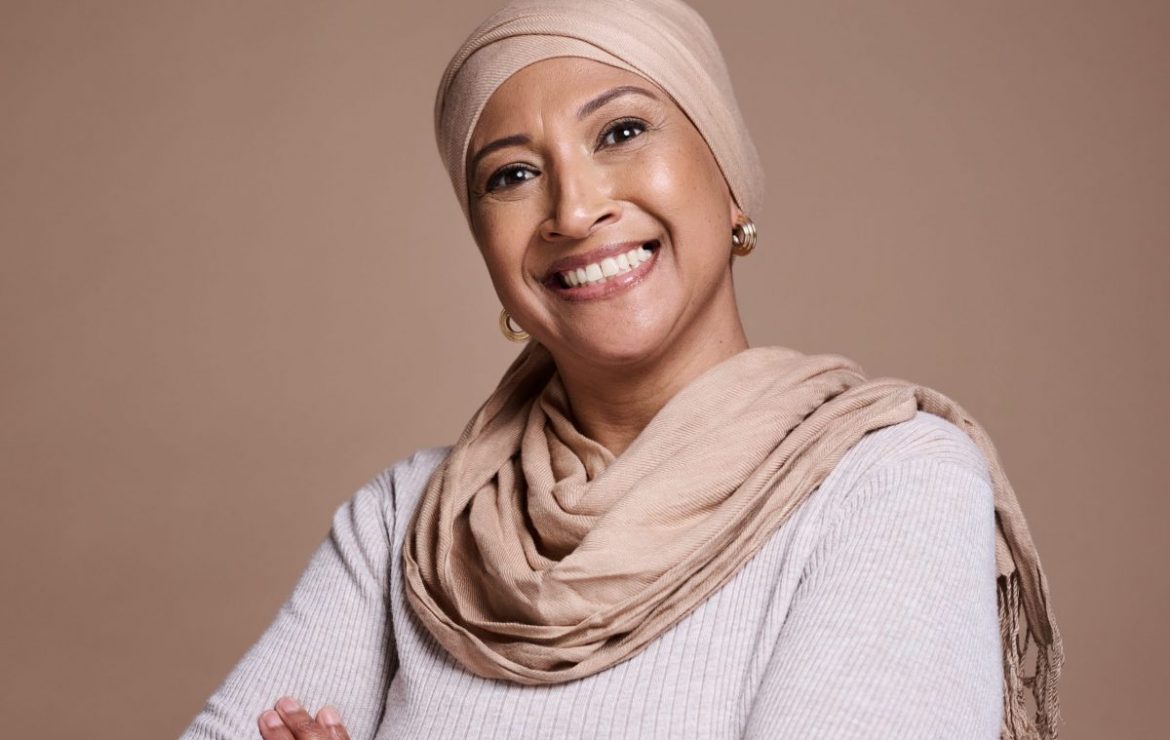Latest Clinical Research and Developments in Multiple Myeloma: A Global Perspective

Multiple myeloma, a type of blood cancer that affects plasma cells in the bone marrow, has seen significant advancements in treatment and research over the past few years. These developments are providing new hope and improved outcomes for patients worldwide. Here’s an overview of some of the most promising clinical trials and new treatments in the fight against multiple myeloma. Let’s see Latest Clinical Research and Developments in Multiple Myeloma.
1. Advances in Immunotherapy
Immunotherapy has become a cornerstone in the treatment of multiple myeloma, offering new ways to harness the body’s immune system to combat cancer. Key advancements include:
- CAR-T Cell Therapy: Chimeric antigen receptor T-cell (CAR-T) therapy is a revolutionary treatment where a patient’s T-cells are genetically modified to attack cancer cells. The FDA-approved CAR-T therapies, such as idecabtagene vicleucel (Abecma) and ciltacabtagene autoleucel (Carvykti), have shown remarkable efficacy in treating relapsed or refractory multiple myeloma.
- Bispecific Antibodies: These antibodies are designed to bind to both cancer cells and immune cells, bringing them together to enhance the immune response against cancer. Bispecific antibodies like teclistamab have shown promising results in clinical trials for multiple myeloma.
2. Novel Drug Therapies
The development of new drugs has significantly expanded the treatment options for multiple myeloma patients. Recent advancements include:
- Proteasome Inhibitors: Drugs like bortezomib (Velcade) and carfilzomib (Kyprolis) inhibit the proteasome, a protein complex involved in cancer cell growth and survival. These inhibitors have become a mainstay in multiple myeloma treatment.
- Immunomodulatory Drugs (IMiDs): Drugs such as lenalidomide (Revlimid) and pomalidomide (Pomalyst) modulate the immune system to attack cancer cells. They are often used in combination with other therapies to enhance treatment efficacy.
- Antibody-Drug Conjugates: These innovative drugs combine an antibody specific to myeloma cells with a potent anti-cancer agent. Belantamab mafodotin (Blenrep) is an example of an antibody-drug conjugate that targets the BCMA protein on myeloma cells.
3. Targeted Therapies
Targeted therapies aim to specifically attack cancer cells while minimizing damage to normal cells. Recent developments in this area include:
- BCL-2 Inhibitors: Venetoclax (Venclexta) is a BCL-2 inhibitor that targets a protein helping myeloma cells survive. It has shown promising results, particularly in patients with certain genetic mutations.
- Histone Deacetylase (HDAC) Inhibitors: Drugs like panobinostat (Farydak) inhibit enzymes involved in cancer cell growth and have been used in combination with other treatments to improve outcomes in multiple myeloma.
4. Advances in Stem Cell Transplantation
Stem cell transplantation remains a critical treatment option for multiple myeloma. Advances in this area are improving patient outcomes and reducing complications:
- Autologous Stem Cell Transplantation (ASCT): Using a patient’s own stem cells, ASCT has been shown to extend remission periods and improve survival rates. Ongoing research is focusing on optimizing conditioning regimens and post-transplant maintenance therapies.
- Allogeneic Stem Cell Transplantation: This involves using stem cells from a donor and offers the potential for a cure. Research is ongoing to reduce the risks of graft-versus-host disease (GVHD) and improve transplant success rates.
5. Early Detection and Monitoring
Early detection and continuous monitoring of multiple myeloma are crucial for effective treatment. Advances in this area include:
- Minimal Residual Disease (MRD) Testing: MRD testing detects small numbers of cancer cells remaining after treatment. High-sensitivity tests like next-generation sequencing (NGS) are helping to better assess treatment response and guide therapy decisions.
- Imaging Techniques: Advanced imaging techniques, such as positron emission tomography (PET) scans and magnetic resonance imaging (MRI), are improving the detection of bone lesions and disease monitoring.
6. Global Collaboration and Clinical Trials
International collaboration in multiple myeloma research is accelerating the development of new treatments and improving patient outcomes:
- The International Myeloma Foundation (IMF): The IMF supports research and education programs worldwide, fostering collaboration among researchers and healthcare providers.
- The Multiple Myeloma Research Foundation (MMRF): The MMRF funds innovative research and clinical trials, bringing new therapies to patients faster through its collaborative research model.
For Latest Clinical Research and Developments in Multiple Myeloma, the landscape of multiple myeloma research is rapidly evolving, with significant advancements in immunotherapy, novel drug therapies, targeted treatments, stem cell transplantation, and early detection. These developments are offering new hope for patients and transforming the way multiple myeloma is treated globally. Staying informed about the latest research can help patients and their families make educated decisions about their treatment options and contribute to the ongoing fight against this challenging disease.












